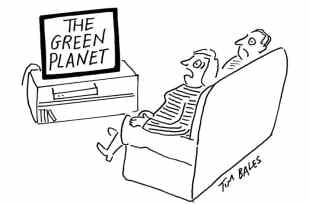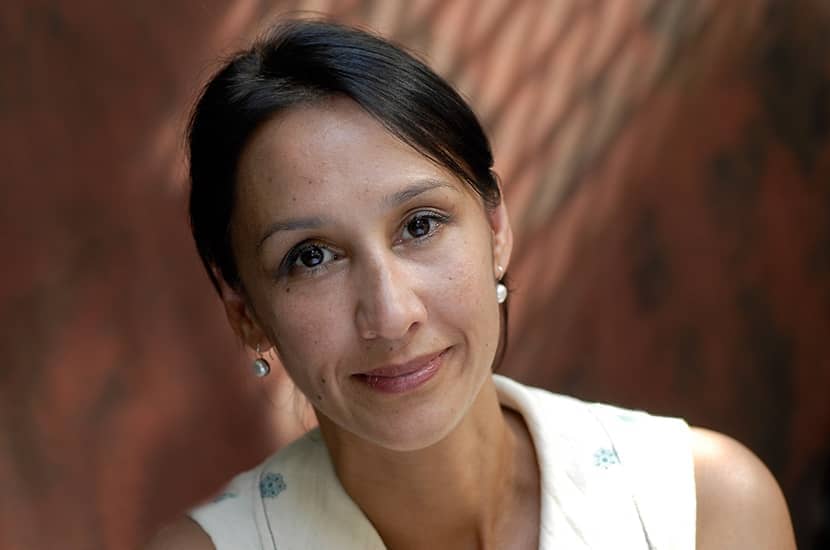At last, and finally: literary sex is back. The Bad Sex Prize has a lot to answer for in British publishing, scaring writers off describing sex in case it gets read out in a sarcastic voice at the In and Out club. (The deathlessly repetitive efforts of E.L. James didn’t do much for British sex writing either, good as they were for the GDP.) I’m not sure Monica Ali would have been the first name to spring to mind if you were to imagine the rebirth of the literary sexy novel, but here we are, and Love Marriage is absolutely terrific.
It opens with Yasmin Ghorami, obedient daughter and junior doctor, discussing with her brother Arif the pubic hair of her future mother-in-law, and it pretty much rollocks off from there. It’s not just about sex of course. This is a big, baggy, generous novel, and every one of its many characters, no matter how small their part, is beautifully rounded out.

It is the story of three families. The Ghoramis have worked their way up from nothing for the father to become a successful, hardworking GP, who expects a lot from his children — Yasmin, the obedient junior doctor daughter, and Arif, the underachieving disappointment. The Sangsters are an entitled, upper-middle-class mother and son, living in Primrose Hill — Harriet, a well-known feminist, and Joe, who is Yasmin’s fiancé. And then there is Lucy, the working-class girl Arif has impregnated and is too scared to tell his father about.
But it is Yasmin’s sexual awakening at the hands of a calm, ‘remotely benevolent’ colleague that jolts the story into motion, and moves it beyond comic set pieces. Bloody, raw and entirely convincing, it cracks and changes everything, as Ali dissects with a forensic eye the effects of sex and infidelity on families.
There’s another unfashionable thing Love Marriage does: it dares to be deliberately funny. Comedy is something else ‘serious’, ‘literary’ authors often treat with disdain, despite how difficult it is to do well. The families are upper-middle-, middle-middle- and working-class, and the comic possibilities are mined for all they’re worth. There is Harriet’s obsession with authenticity (when she praises Yasmin’s brilliant, noisy activist friend Raina defending wearing the hijab on television, Yasmin drily points out that if she lived in Iran ‘she’d be driving with the wind in her hair and posting it on social media’); there is Yasmin’s despair at her parents turning up hours early, laden with their own food in tupperware containers, for a sophisticated kitchen supper at Harriet’s; and Yasmin’s own astonishment at her brother’s ability to be happy in a tiny maisonette where they never turn the widescreen TV off.
The London it covers — Yasmin attending a sensitivity programme when she responds to someone else’s racism; the constant nagging urge at the back of your mind that you really, really need somewhere nice to live — is brilliantly drawn. Even when the novel meanders, swerving into the awful things people say at literary parties (always enjoyable), or what it’s like at the sex therapists, you’ll be having far too good a time to care. And the ending is genuinely touching. In fact it doesn’t really need its time-honoured third-act hospital-dash drama; the book is clever and well-constructed enough to do without it, and it adds a touch of soap where it simply isn’t required. The power of the real love marriage of the title is quite enough.
Regardless: you’re going to love this sly, funny, saucy, thoughtful novel. And how very nice to have the bonking back.






Comments